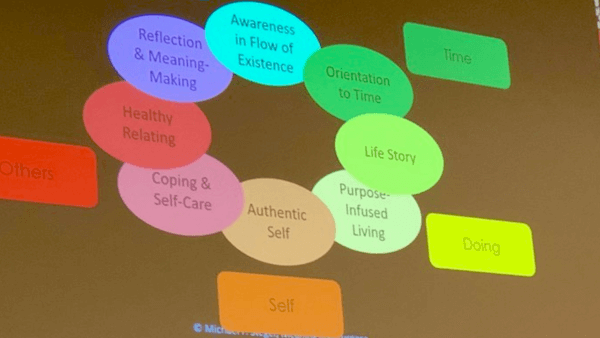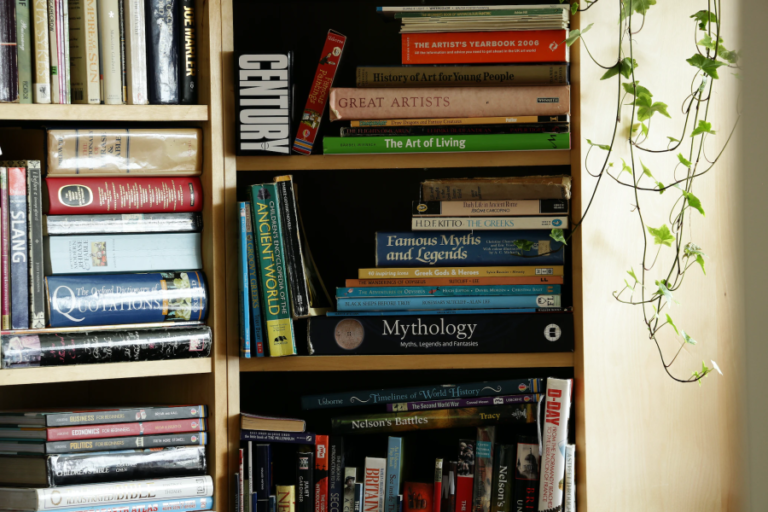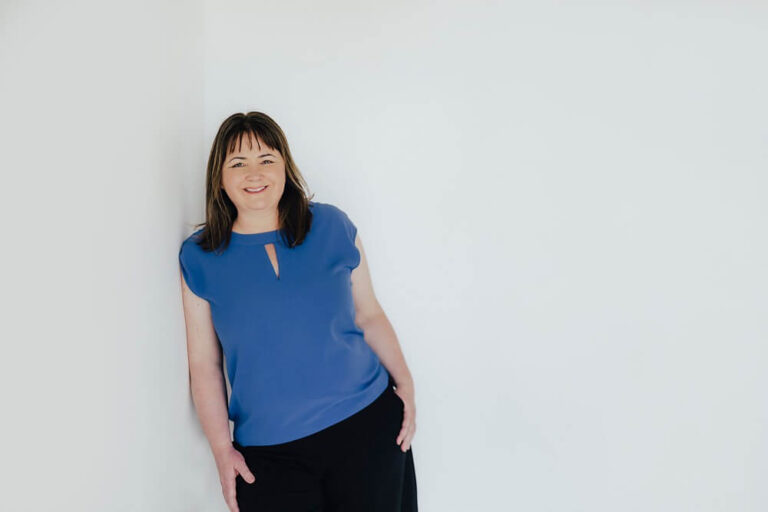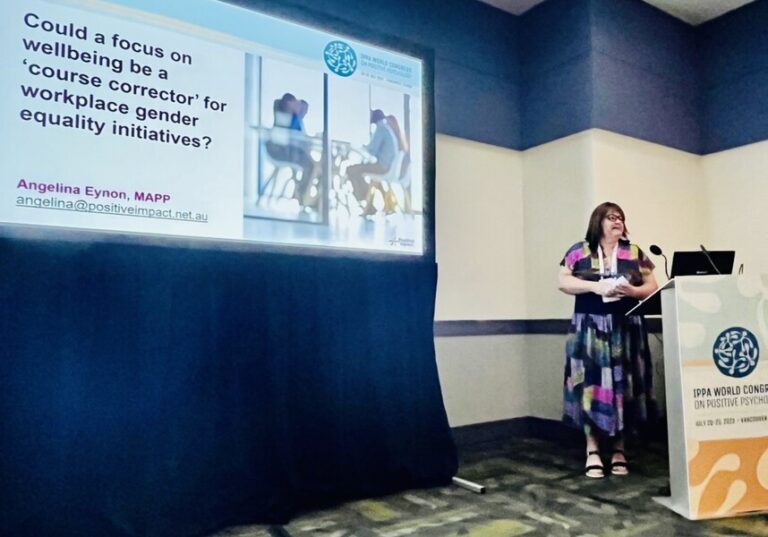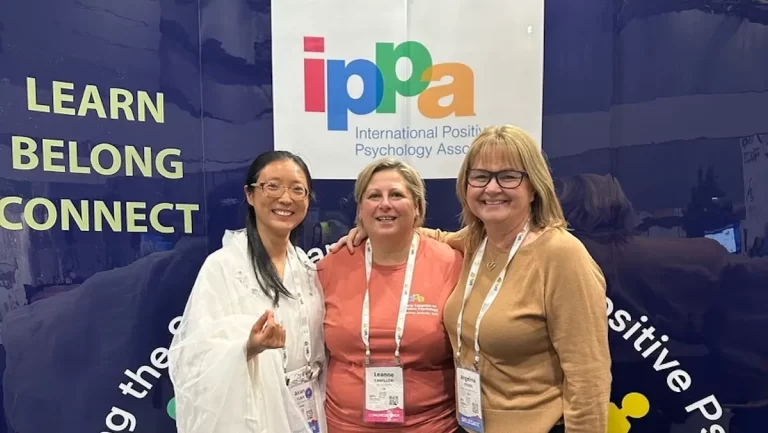My dear Melbourne, we are grieving
My dear Melbourne, we are grieving
Lockdown Wave 2 in Melbourne has been very different. This time around, no one is posting photos of home-baked bread or #grateful pics of their morning walks. We are truly on our own whilst our Sydney and Brissy friends bask at the beach with their mates. There is a completely different energy around the inner-city area I live in. Less neighbourly joviality getting take away coffees or on walks in our designated 5km radius. Two weeks ago, there was a marked sense of resignation and lethargy. Talk was of how hard it can be to motivate towards even simple things. Every day feels that same. And we are worried about our kids – especially the teens, who spend entire days in their rooms on screens for class AND for entertainment. Zombied out more than ever before. And there’s more ‘snarkiness’ on social media – who have you snoozed, unfollowed or de-friended this week because you can’t bear to hear views that upset or challenge yours.
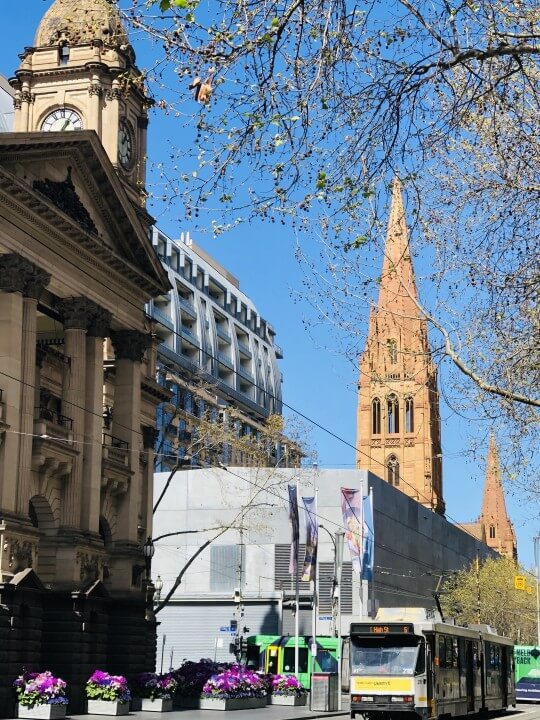 This, my dear Melbourne, is what happens when suffering collective grief. Grief is that horrible process that occurs when we lose someone or something very dear to us. We experience grief for a whole range of reasons: loss of a loved one, loss of freedom or a way of life, loss of connection and of course the big ones: loss of certainty and loss of control. Many of us are familiar with Elisabeth Kubler-Ross’s five stages of grief – denial, anger, bargaining, depression and acceptance. Although often presented as a linear process, it is more usual to move in and out of each of the stages, sometimes even skip a stage and revisit it at a later date. We can also feel like we’ve come to acceptance and still be triggered and thrown right back into anger or denial at the drop of a hat. It is normal, natural and human – this is how we process loss.
This, my dear Melbourne, is what happens when suffering collective grief. Grief is that horrible process that occurs when we lose someone or something very dear to us. We experience grief for a whole range of reasons: loss of a loved one, loss of freedom or a way of life, loss of connection and of course the big ones: loss of certainty and loss of control. Many of us are familiar with Elisabeth Kubler-Ross’s five stages of grief – denial, anger, bargaining, depression and acceptance. Although often presented as a linear process, it is more usual to move in and out of each of the stages, sometimes even skip a stage and revisit it at a later date. We can also feel like we’ve come to acceptance and still be triggered and thrown right back into anger or denial at the drop of a hat. It is normal, natural and human – this is how we process loss.
This, my dear Melbourne, is what happens when suffering collective grief.
For example:
- Denial – thoughts like: ‘this thing is not for real’; or ‘It won’t harm me, I’m young/fit, etc.’
- Anger – can be overt or covert. We can show our frustration through things like blame, for example: ‘it’s the Government’s fault’ OR ‘X Country’s fault’ OR ‘I refuse to wear a mask’. Or we can show our anger through having a shorter fuse with our family members or generally feeling irritable or tetchy.
- Bargaining – An example of bargaining in the current environment is one I’ve heard a few times this week, ‘An exception should be made for my business or industry because of XYZ…’, OR ‘Surely I can visit more than one person in my ‘bubble’ because my circumstances are different to everyone else?’
- Depression – Feeling: lonely, isolated, sad, miserable, numb, hopeless; OR thinking ‘Things will always be like this’; ‘Nothing will ever change.’
- Acceptance – ‘I guess we just need to push on.’ OR ‘C’mon Vics, we can do this!’ OR ‘This too will pass – 2021 has to be better.’
Here’s the thing, though, grief is REALLY uncomfortable. We want to fix grief. We want to make it go away. it hurts. It sucks, and we often go to great lengths to numb or avoid it. But rather than avoid or push it away, what would happen if we ‘sat’ with our discomfort (or uncomfortable feelings)? Acknowledged them and acknowledged how they occur for us, and how that might be different for others. We all grieve differently – there is no one right way.
It’s important to understand that the painful emotions that occur with grief are not necessarily a ‘call to action’ – they are simply signposts that we are missing or in need of something, e.g. connection, fulfilment, sense of purpose or certainty. When we acknowledge our emotions, however painful, we acknowledge our humanity. We don’t need to wriggle out of our discomfort by, for example, avoiding it, drinking it, eating it, needing to ‘be right’, shaming or blaming, (yourself or others). We need to attend to it curiously and consider what it is really telling us about what we really have lost, miss or need.
When I sat with and really thought about my own recent tears of frustration, I came to understand that for me, this was not about a media announcement (or a dinner that I accidentally burnt that tipped me over the edge!), but about sorely missing the connection with my dear family interstate. This gave me signposts for something constructive I could later do, (e.g., phone my Dad and my sister).
If you want to learn more about evidence-based techniques for sitting with suffering, uncertainty and discomfort, look up Acceptance and Commitment Therapy (ACT) or try this resource.
If this blog has raised concerns for you or someone you know, you can contact
Lifeline on 13 11 14,
Beyond Blue on 1300 22 4636
Kids Help Line on 1800 55 1800
Angelina Eynon
Practitioner of Positive Psychology
LinkedIn
If you would like to work with Positive Impact, get in touch with Angelina.


